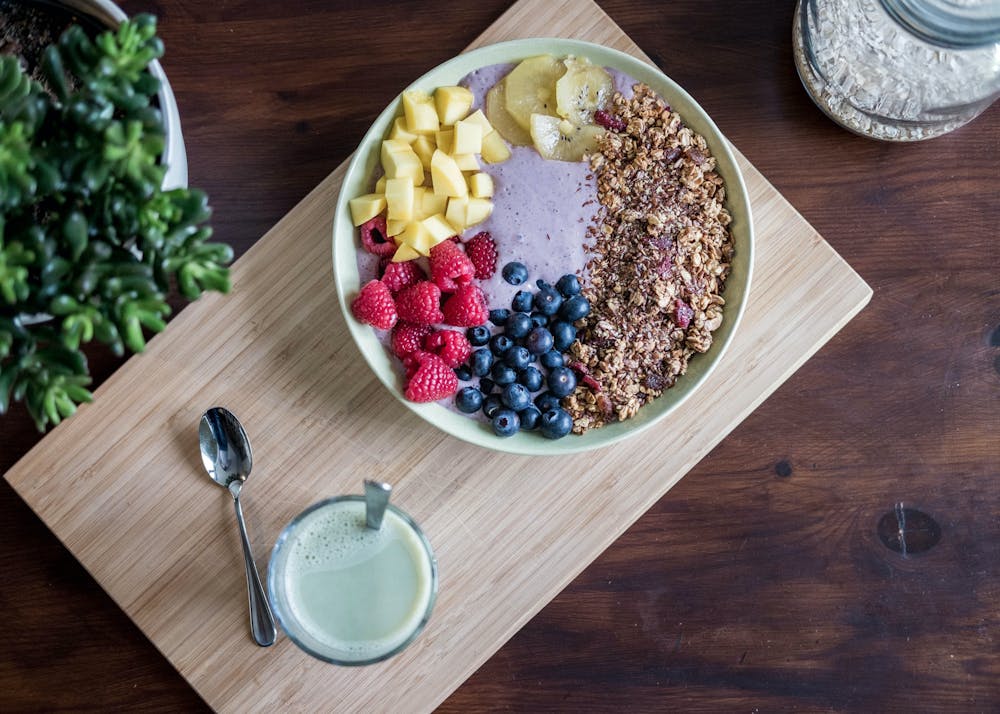By Kayla Del
Correspondent
When college begins, many eager freshmen anticipate the independence that living on their own grants them, but some of these freedoms are only easily accessible for off-campus upperclassmen. For first-year students constrained by meal plans and without the convenience of a kitchen or a car to go to the grocery store, developing a healthy lifestyle can be difficult.
As students at the College progress through their college years, many decide to live off-campus, providing them with more opportunities to have freedom in their eating habits and overall health.
The kitchen serves as the epicenter, a place for off-campus students to prepare nutritious meals, a privilege not afforded to on-campus students living in dorms.
By escaping the monotony and limitations of the dining hall menus, students have the ability to personalize their eating habits. Jenna Fitzgerald, a junior nursing major at the College, shared how her transition from on-campus to off-campus housing has had an impact on her ability to make healthier choices.
“My eating habits have changed since I began to live off campus because I have more autonomy over my food choices since I am cooking for myself,” Fitzgerald said.
Junior accounting and kinesiology double major Giannis Rakkou shared the sentiment that the freedom that comes from living off-campus empowers students to take charge of their lives and practice self-control.
“I rarely eat out and have more freedom in satisfying cravings while still adhering to my diet, which has assisted me with eating much healthier and cleaner,” Rakkou said.
The students named the freedom to create grocery lists and meal ideas that align with their personal preferences as the catalyst for living a healthier lifestyle.
“If I don’t buy too much unhealthy food, I won’t eat it,” Fitzgerald said. “I try to limit myself to one or two sweet foods when I go to the grocery store and try my best to find healthy snack options.”
For off-campus students, intentional grocery shopping plays a vital role in healthier eating habits. Limiting excessive unhealthy purchases by finding nutritious alternatives and allowing some indulgences promotes balance—the key to healthy living.
While the autonomy of off-campus living can be alluring, along with it comes more responsibility. Although students gain more control over their meal choices, they also have to go grocery shopping, cook and clean on their own. These added responsibilities put another task on the to-do list of already-busy students.
Despite these challenges, many off-campus students find that this freedom fosters healthier eating habits, empowerment and a sense of enjoyment.
“A diet is more feasible and enjoyable when you can prepare higher quality meals that you enjoy,” Rakkou said.
This lifestyle shift entails more than just healthier eating; it focuses on autonomy, ownership and choice, all of which are important to college students.







